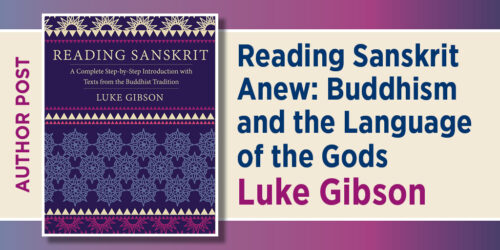Zhu Wen’s filthy fiction
 Julia Lovell, translator of Zhu Wen’s I Love Dollars and Other Stories, has a great article on China Beat that discusses the author’s currently untranslated novella My Little Brother’s Performance (Didi de yanzou).
Julia Lovell, translator of Zhu Wen’s I Love Dollars and Other Stories, has a great article on China Beat that discusses the author’s currently untranslated novella My Little Brother’s Performance (Didi de yanzou).
The novella recounts, in often graphic detail, the adventures of group of sex-starved adolescents. My Little Brother’s Performance might, as Lovell suggests, appear to some readers to be a kind of Chinese version of American Pie. However, Lovell also argues that there are other, more interesting ideas informing the novella. Despite the occasional crassness of the novel, Zhu Wen offers an incisive examination of life in 1980s China—the greed and materialism that began to take root in the country as well as the political movements that came to a climax in 1989. Lovell writes:
“What we’re left with, then, is a paradox: a novella whose apparently slapdash crudeness is part of a careful literary design; whose surface sensationalism overlies an audacious desire to probe difficult historical questions. For Zhu Wen, no subject is sacred: neither the establishment fantasy of a wholesome socialist civilisation, nor defiant student idealism. There are plenty of works of Chinese fiction written in the 1980s that seem rooted in the feverish cultural atmosphere of that decade; there are plenty of works written in the post-1989 period that are steeped in the crass materialism of the 1990s. There aren’t many that look back at the late 1980s from the subdued perspective of the 1990s, trying to make sense – within the censorial limits imposed by the Chinese government – of a period that the authorities would prefer to pretend never happened. For the time being, Didi de yanzou is one of the few that are available to us.”
For more on Zhu Wen there is of course I Love Dollars and you can also listen to a 2008 interview with him on the Guardian Web site.




